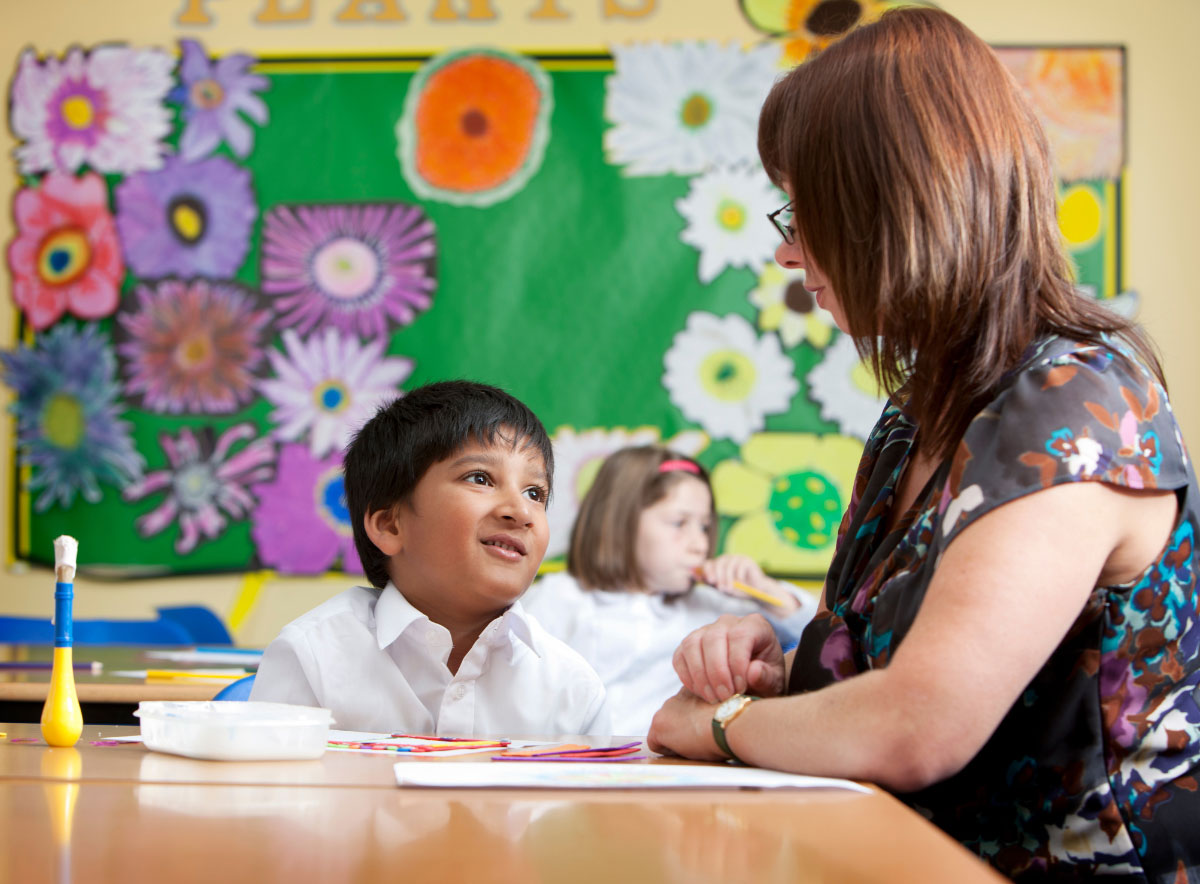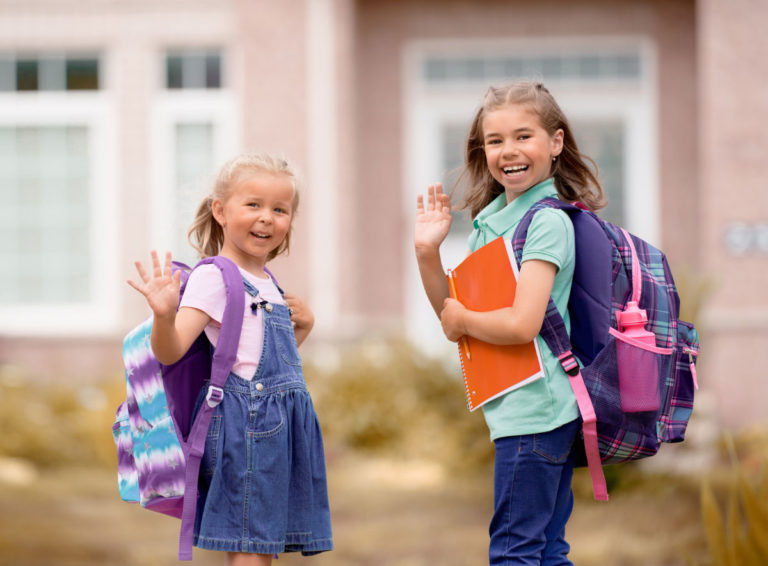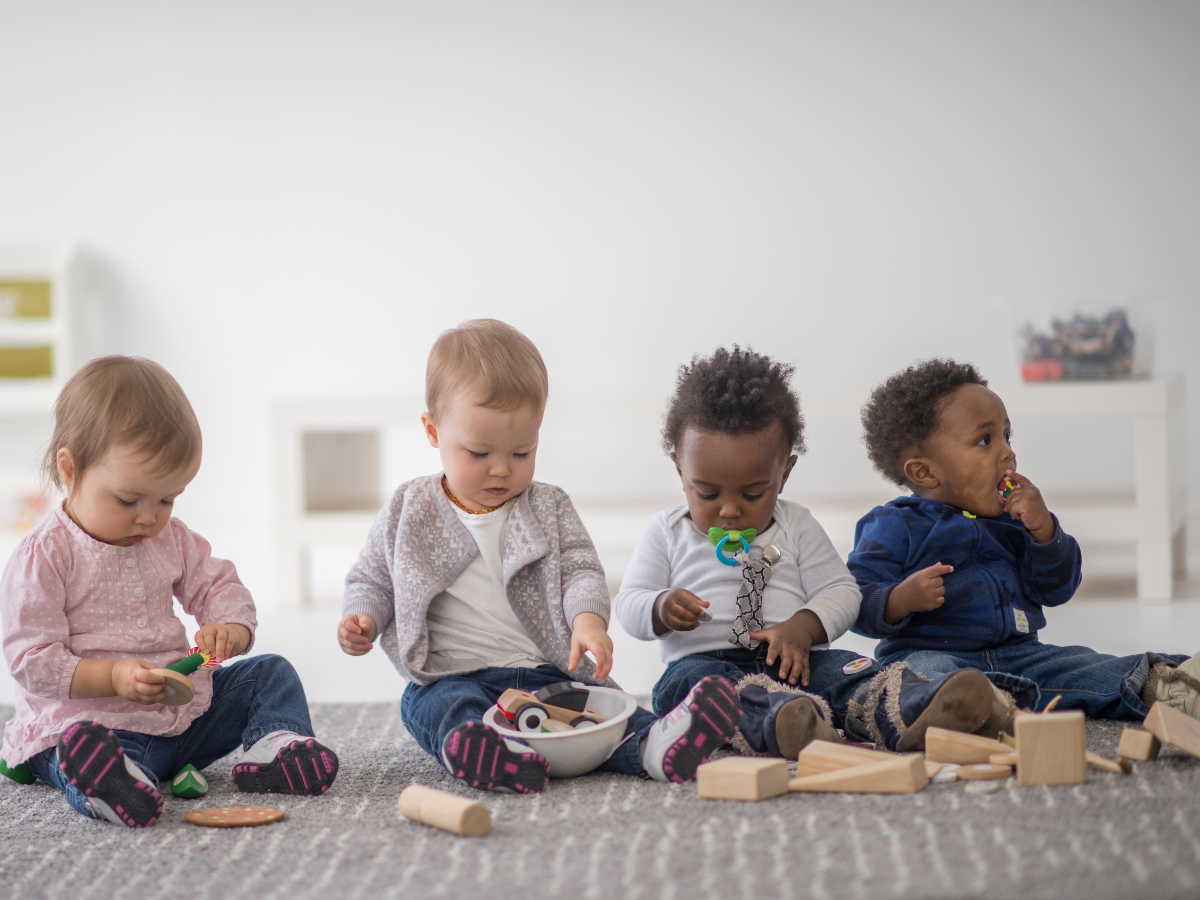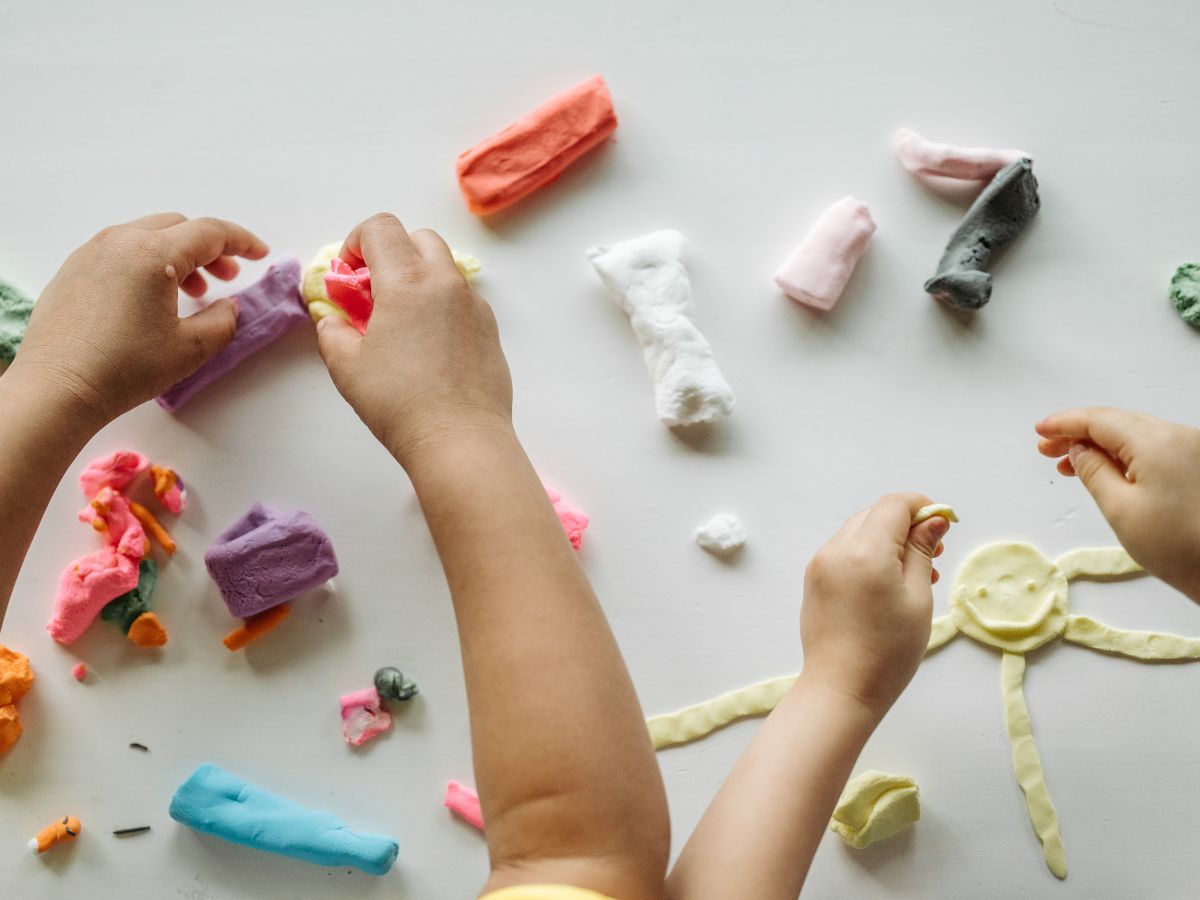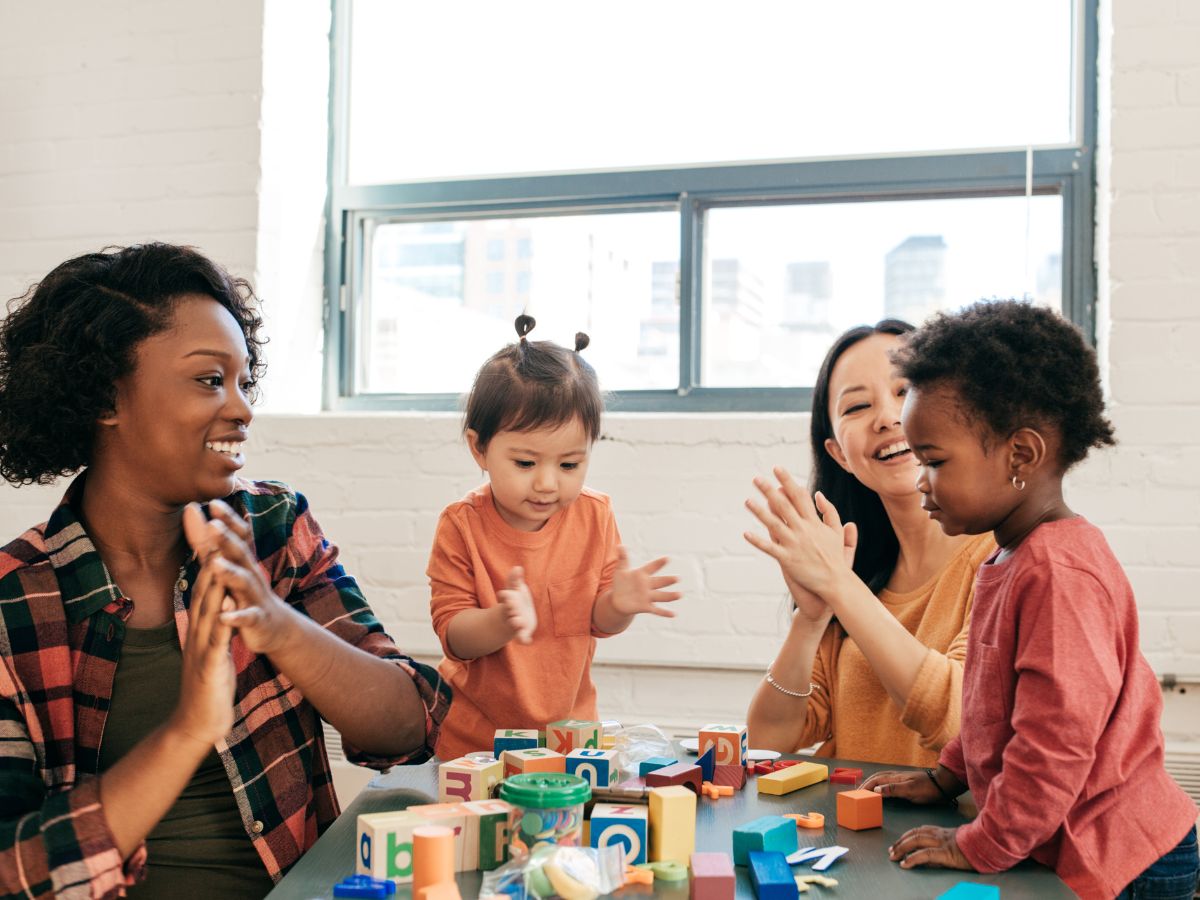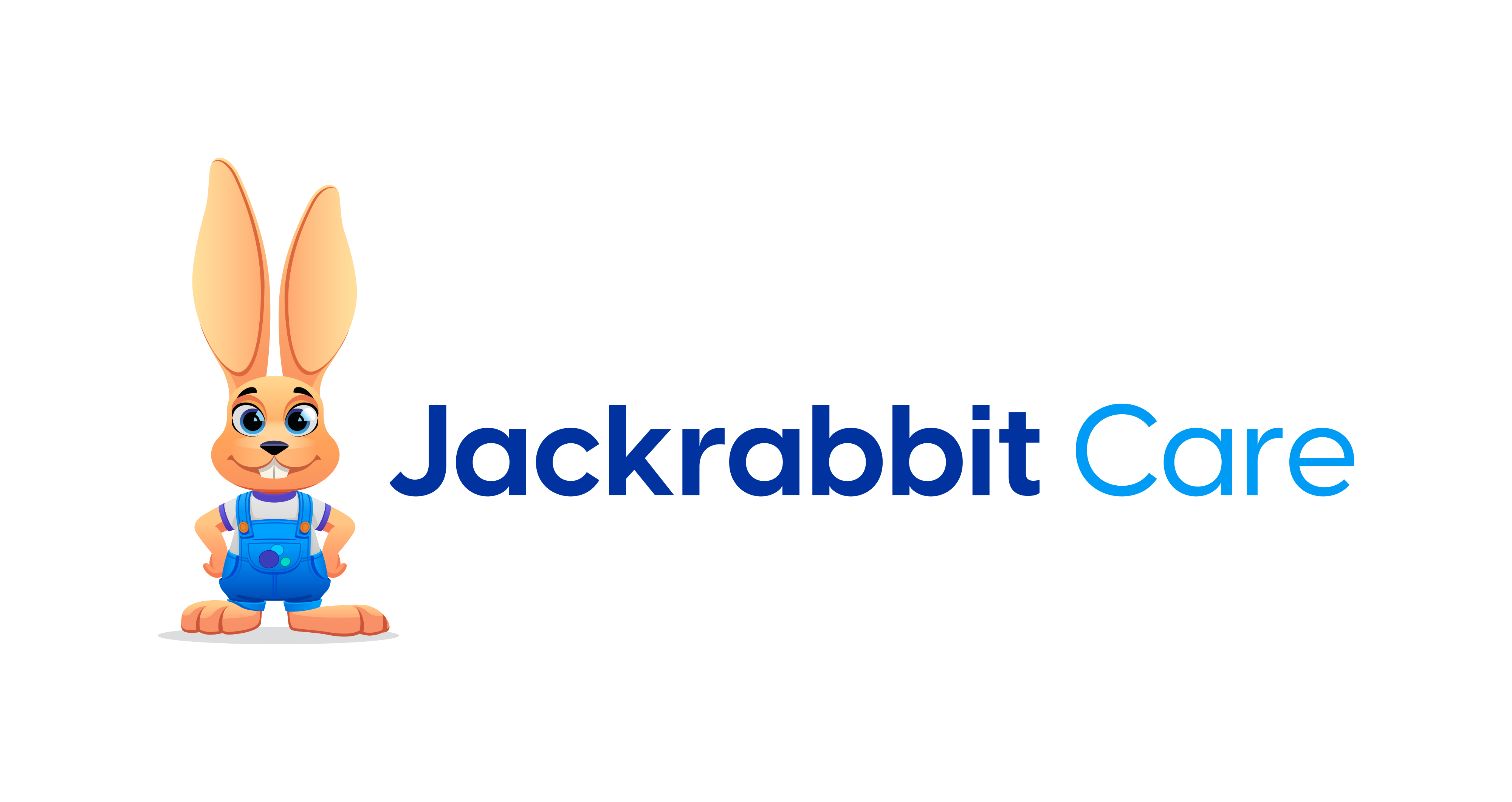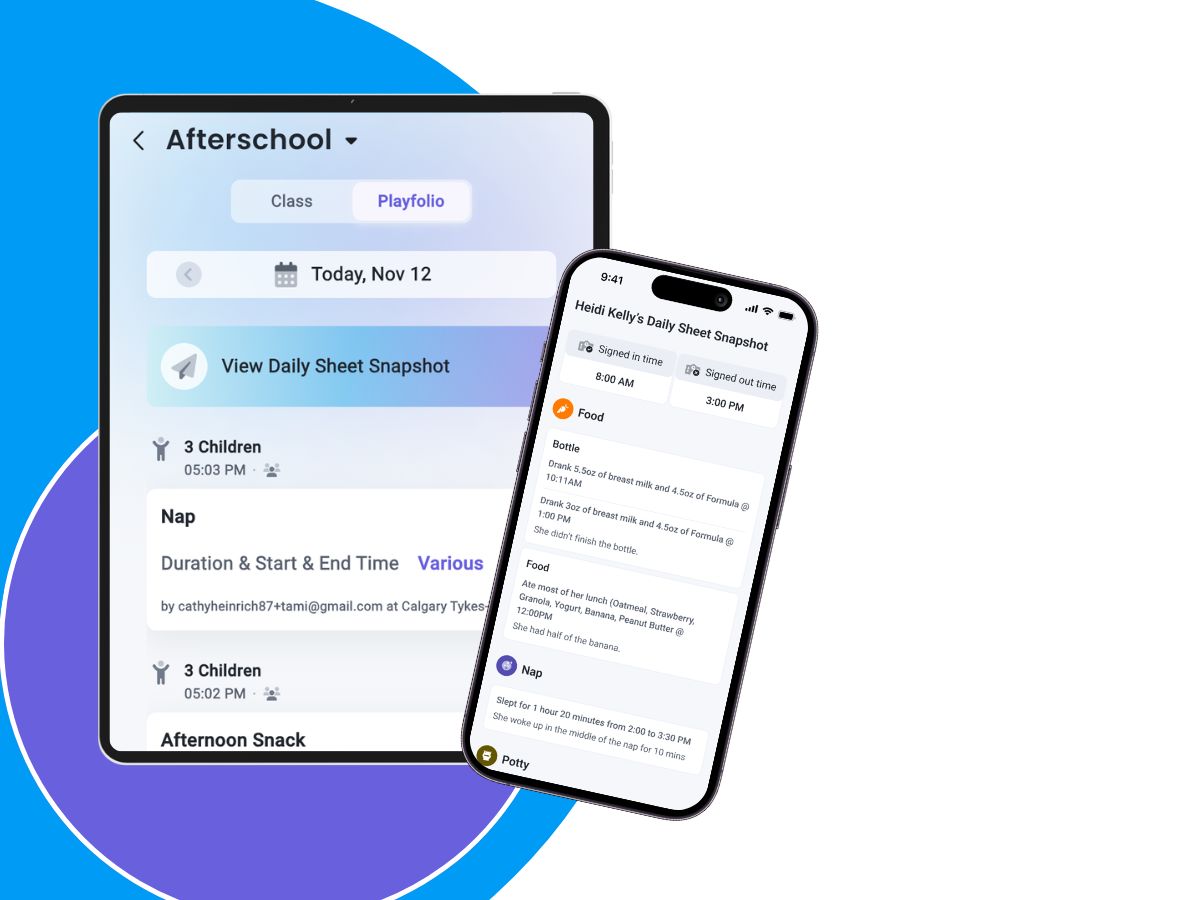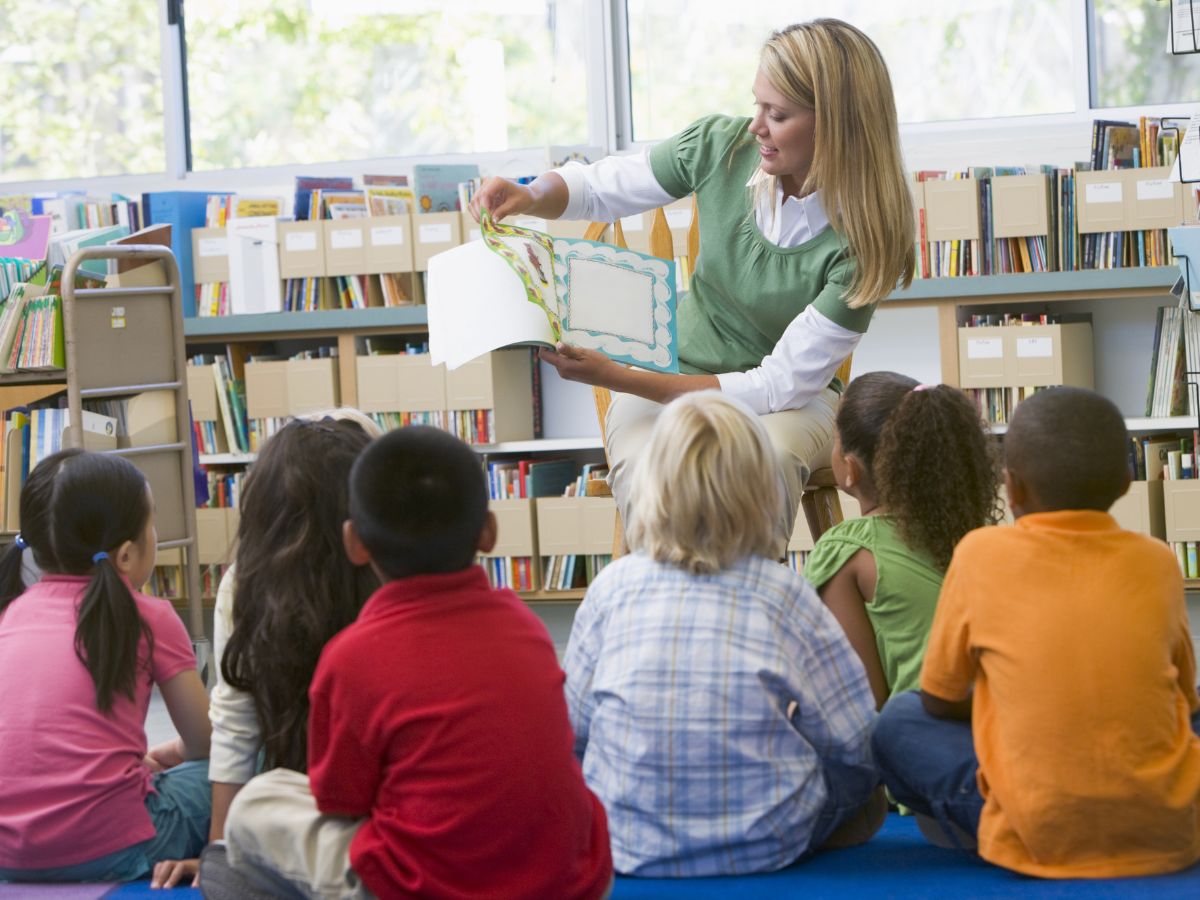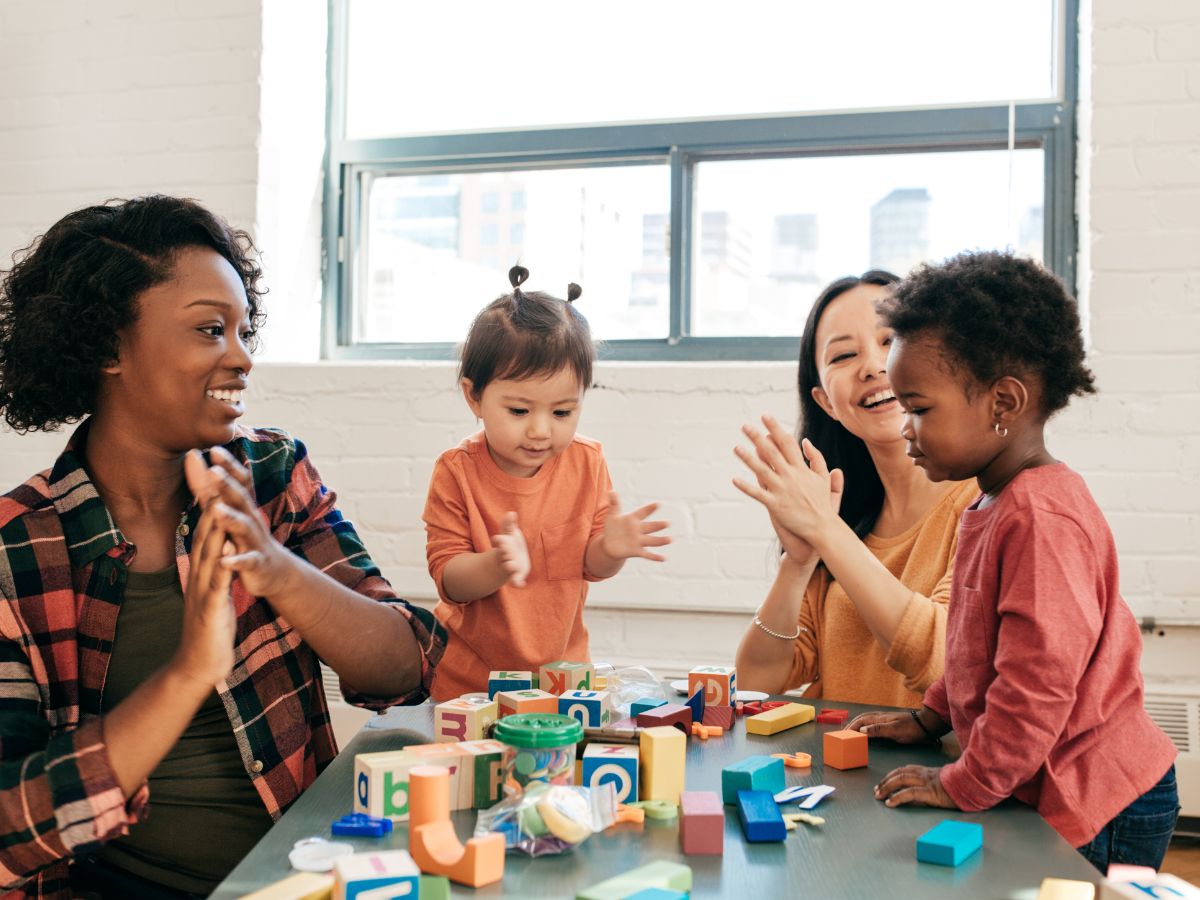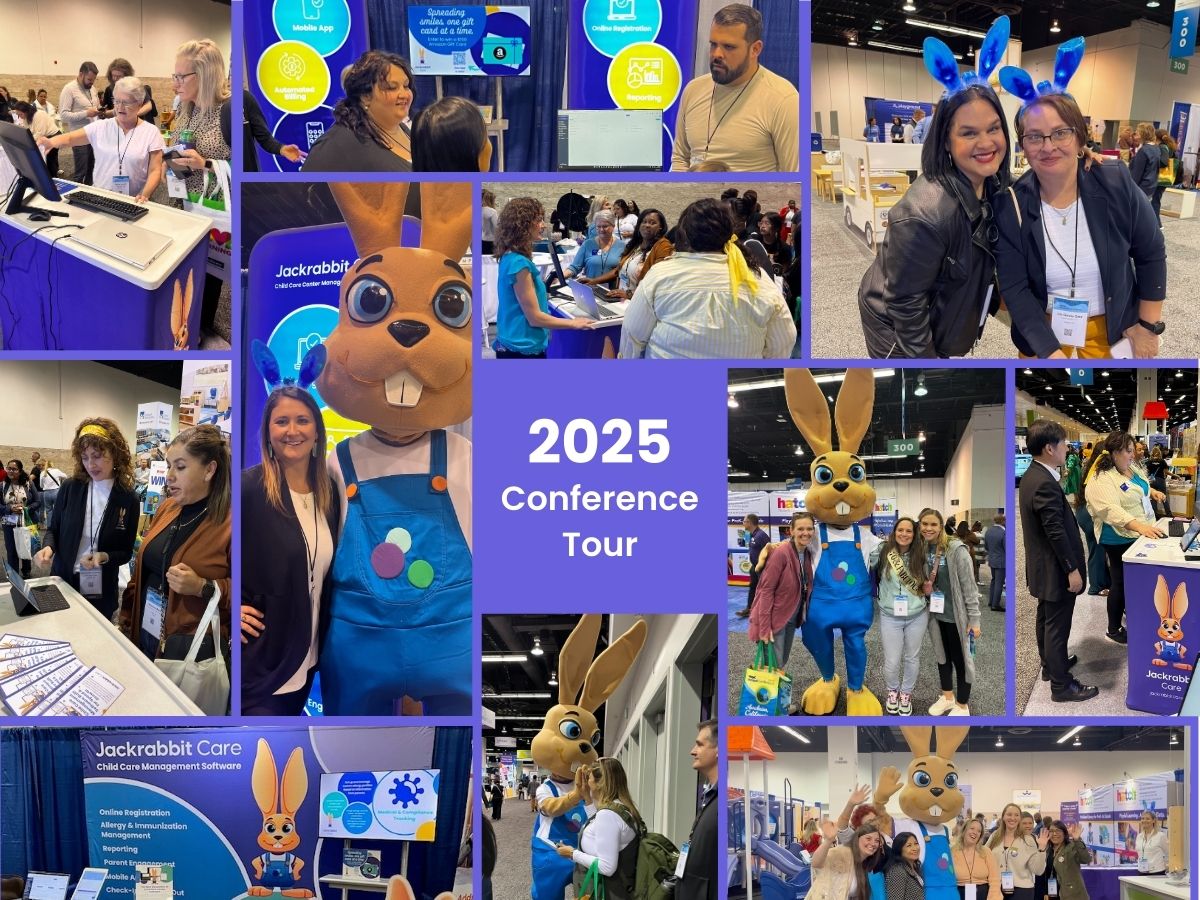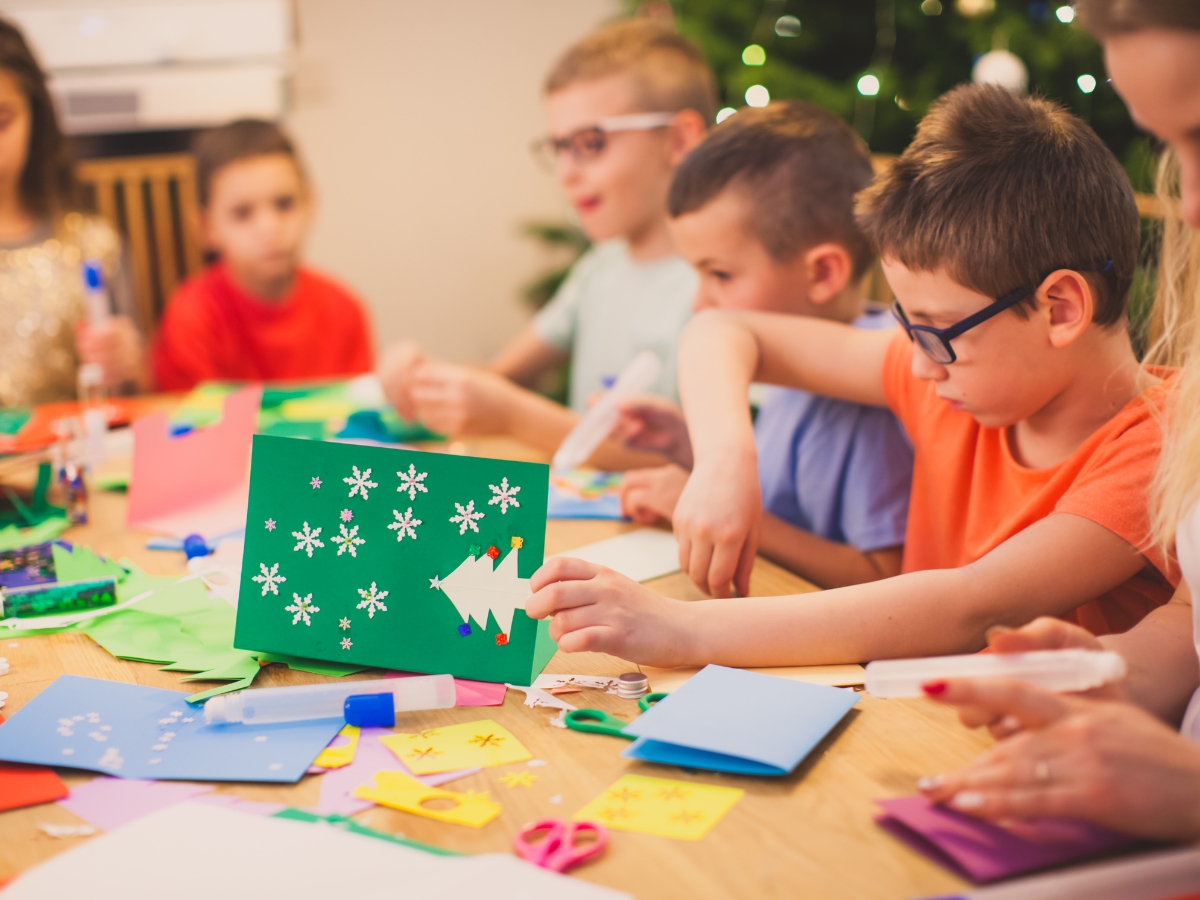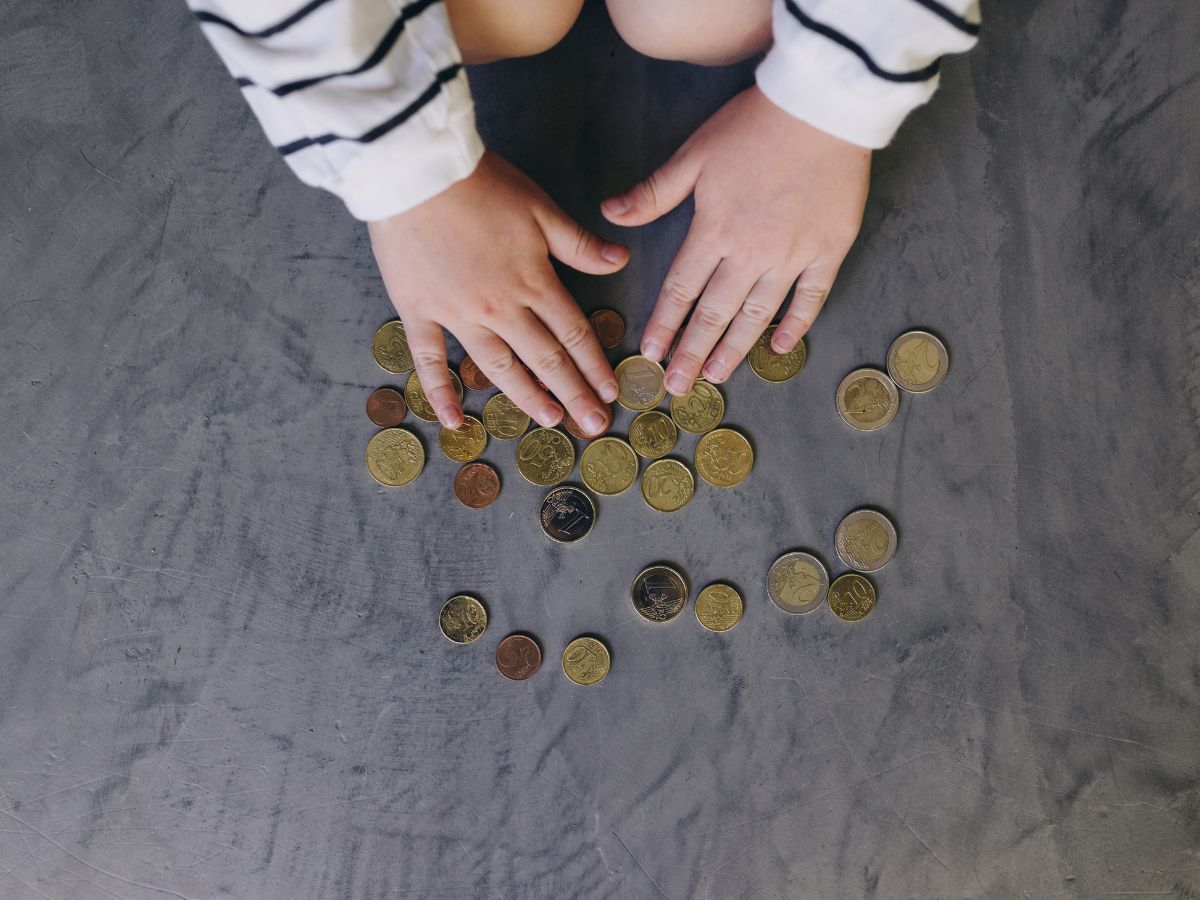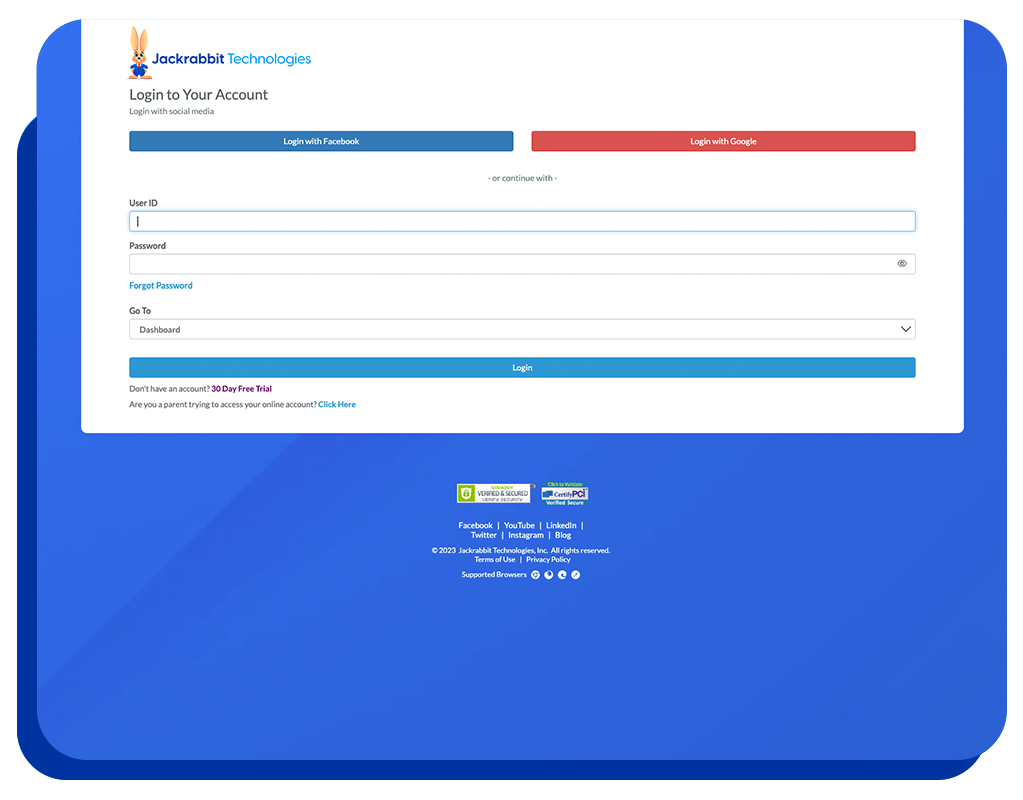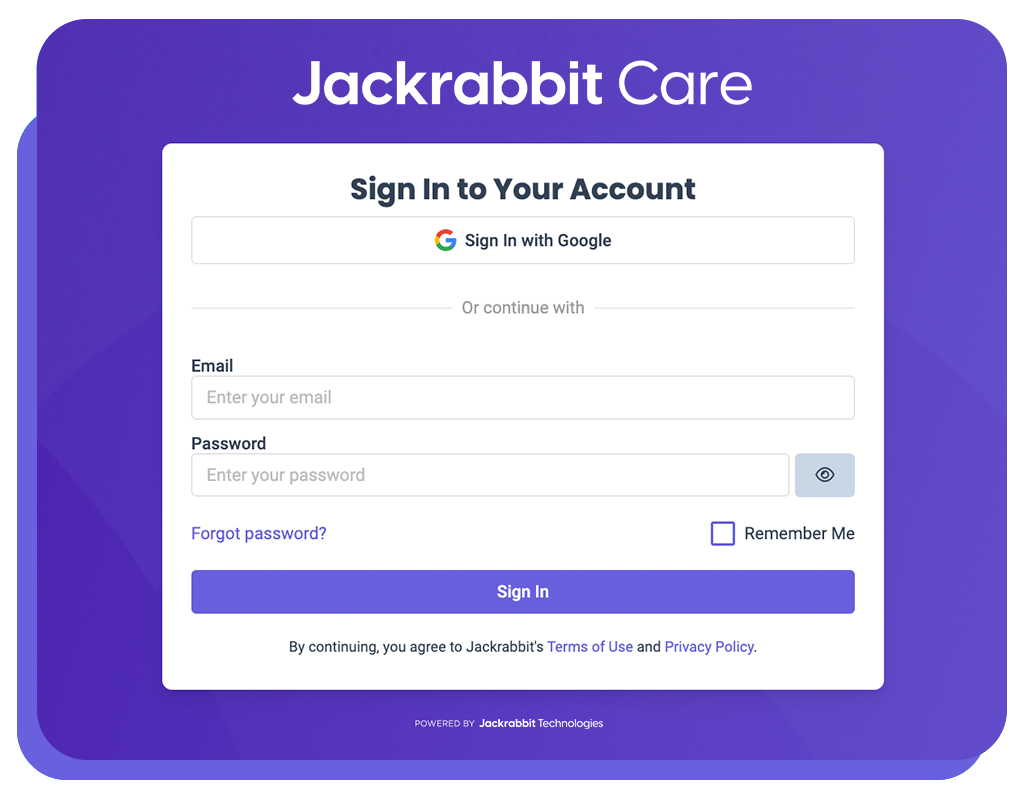This is really parents’ job, but you can do things in your center to help.
Children who have preparation before they enter kindergarten pick up concepts presented to them and excel much more quickly than those who don’t. Parents play a key role in this prep process but you can also by providing prep in your center as a consistent component of your curriculum.
It may seem that there is plenty of time for this, but months will fly by when you have a list of items and activities you’re trying to do to help your center’s children move up to kindergarten with confidence and ready to learn.
Read a lot in your center.
This is the single activity that you can do to ensure the children of your center have a lifelong passion for learning. Becoming a proficient reader – and enjoying it – sets children up for everything else they need to learn. Without strong development of this vital skill, they will struggle to keep up with those who have preparation in this area.
Create conversations.
Ask your children open-ended questions. Do not set them up for yes/no answers, but ask questions in ways that require that they answer you in sentences. Real experience is the best way for children to learn to communicate instead of just saying words. This is great for future learning but it also helps them to be more comfortable and confident in everyday life.
Make learning part of daily tasks.
Ask them to find shapes and patterns in their surroundings. Have them identify familiar objects, count and classify what they see. Which automobiles are cars and which are trucks? What types of animals are they seeing? How many children are in each small group in your room? How many blueberries are on his plate? There are lots of things that you can help children examine in what surrounds them daily at your center.
Incorporate learning into play.
Give purpose to the games that your children play and work their brains as they are playing them. Many card and board games combine learning with fun – even very basic ones that tiny ones use to learn more about their senses and how their bodies work. Fun takes away the monotony that causes children to get distracted or become bored with learning activities and learning keeps “fun” from being idle time for the brain.
Kindergarten teachers like to meet new students who already are practicing their abilities to:
- Follow routines and can follow 3-step directions consistently
- Feel comfortable and confident away from family for short times
- Play cooperatively and is able to take turns with others
- Express personal wants and needs clearly
- Use the bathroom, wash hands and dress independently
- Understand the concept of taking turns
- Use crayons, scissors and pencils appropriately
- Run, jump, hop and skip
- Recognize simple shapes and colors
- Sing simple memorized songs
- Show interest in stories and books
- Recognize their own printed name and some signs and symbols, such as favorite restaurant logos or traffic signs
- Copy patterns, including writing their own name
- Recognize several letters of the alphabet and some numbers and can count
- Express thoughts and ideas in drawings

